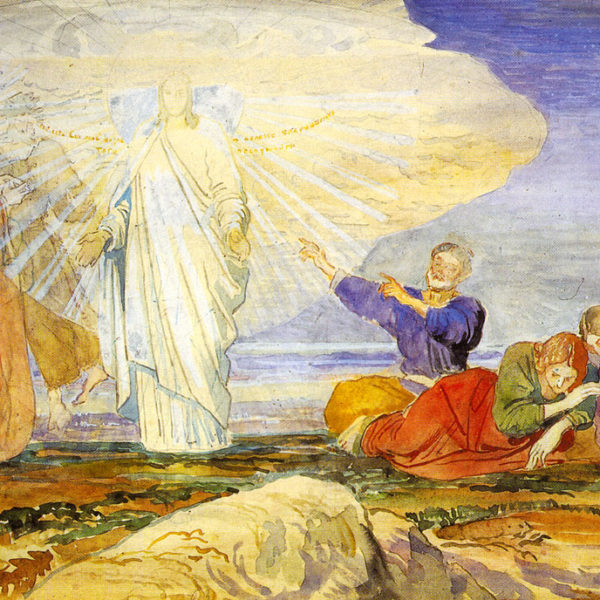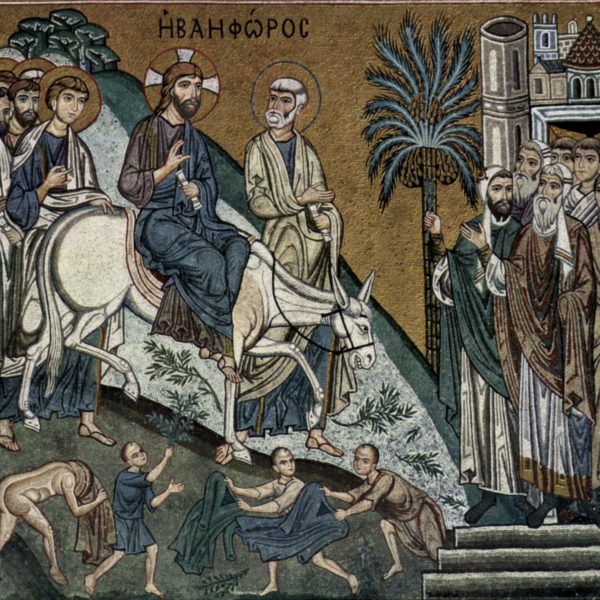
An intertextual reading of Genesis 12 and Psalm 121 demonstrates that, while our faithful relationship with God may be initiated by our willful act of leaving, our ongoing life journey can be sustained by our attention to nature’s ontological testimony of God’s unequal sovereignty. Just as the Hebrew pilgrims were given strength to live out their faith through ecological awareness and mindfulness, let us emulate this life of pilgrimage and boldly leave our anthropocentric lifestyles.

In the narrative of Mark’s gospel, Jesus’ journey to his cross in Jerusalem is interrupted by the incredible event of his Transfiguration. Peter’s rush to speech is characteristic of our frequent over-reliance upon words to process and respond to things that demand our silence and our wonder.

The first reaction of the reader to Abram’s calling, “That’s supposed to be me,” gives way to the second realization, which is “That COULD be me.” And it is in imagining the fear and anxiety normally attendant to leaving everyone and everything behind that the seed is planted in the reader’s heart for concern for real-life strangers.

